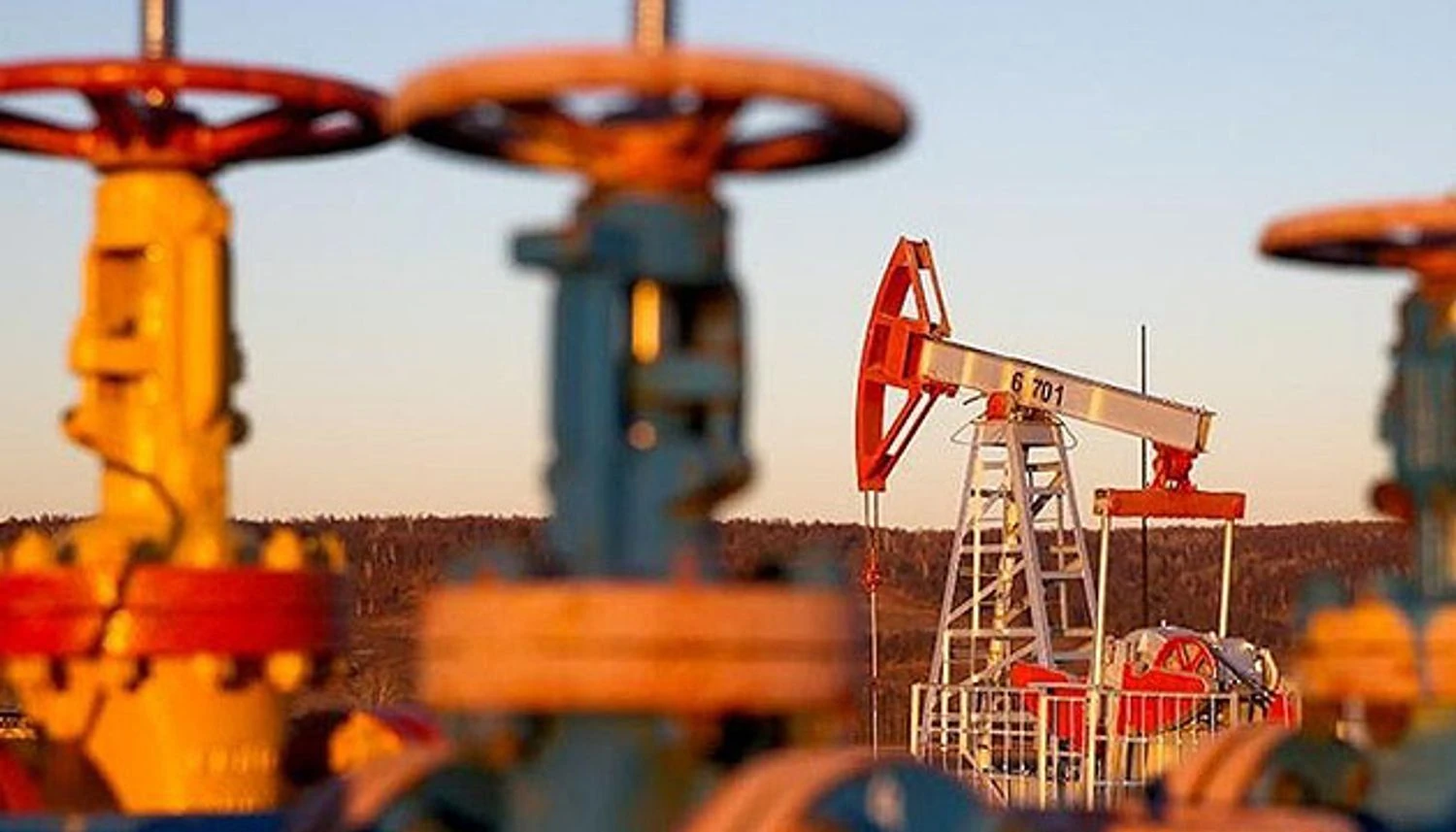“Russian oil imports to Turkey fall amid Trump’s request to cut Moscow’s revenues – mediaRussian oil imports to Turkey, the largest European buyer of fuel from Moscow, fell in September to their lowest level since
April. This was due to competition from other oil brands, sanctions, and Donald Trump’s calls to stop buying Russian oil.
”, — write: unn.ua
ContextFrustrated by Russia’s refusal to cease hostilities in Ukraine, Trump called on Europe to stop buying Russian oil and gas, a key source of Moscow’s revenue.
On Thursday, after two hours of talks with Turkish President Tayyip Erdogan, Trump said he believed Ankara would agree to his request to stop buying Russian oil, and that he could lift US sanctions against Turkey.
DetailsAs the publication notes, a change in Turkey’s position is not guaranteed, as Erdogan and Russian President Vladimir Putin have established close relations in recent years.
Kremlin spokesman Dmitry Peskov said on Friday that Turkey decides for itself with whom to trade.
“It is a sovereign state that decides for itself in which areas to cooperate with us. And if certain types of trade in certain goods are considered beneficial for the Turkish side, then the Turkish side will continue to do so,” he said.
Russian oil imports to Turkey in September fell to their lowest level since April, two traders said, and LSEG data showed.
Reuters notes that Turkey is the second largest importer of seaborne Russian Urals crude oil after India, according to LSEG data. It has not joined Western sanctions against Russia, but adheres to international law and restrictions.
Turkey bought 1.6 million tons of Urals oil in June, the largest amount since May 2024, LSEG data shows.
But imports, according to LSEG data as of Friday, are expected to fall to approximately 1.2 million tons this month.
The Turkish and Russian energy ministries did not immediately respond to requests for comment.
Turkey cut Russian oil imports earlier this year as the Tupras refinery suspended purchases after the price of Urals oil exceeded the Western-imposed price cap of $60 per barrel.
The price of Urals oil remained above the price cap until April, when it fell below it again, and Tupras resumed purchases.
